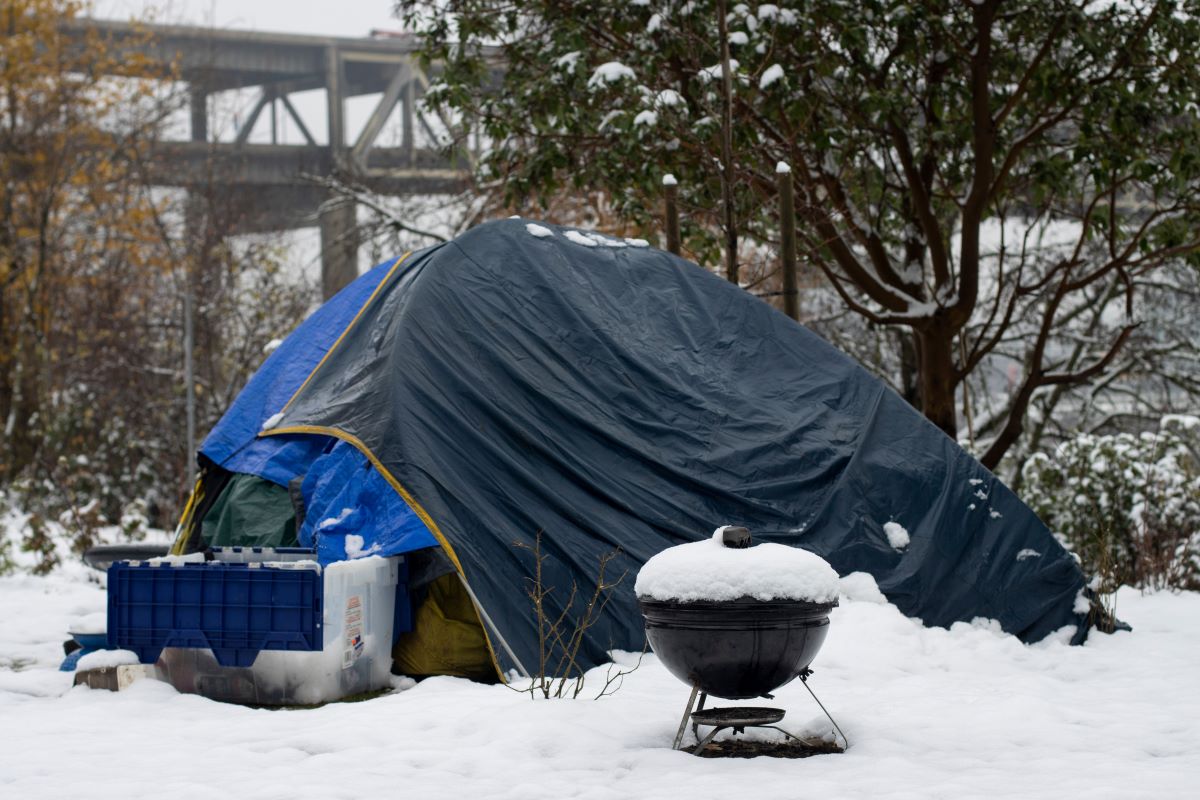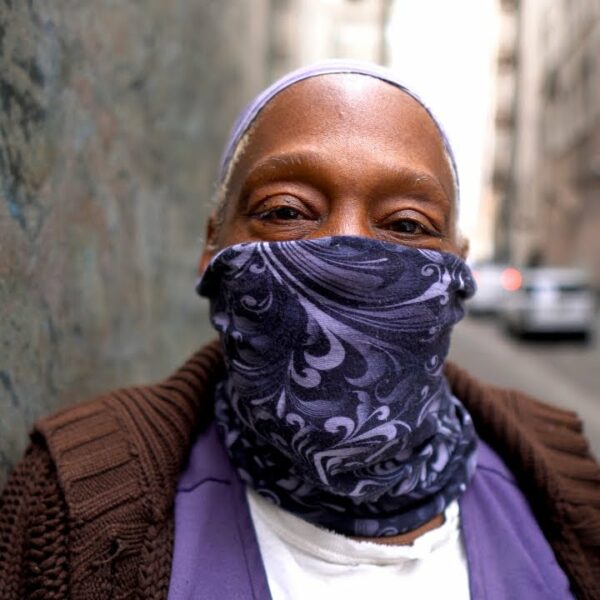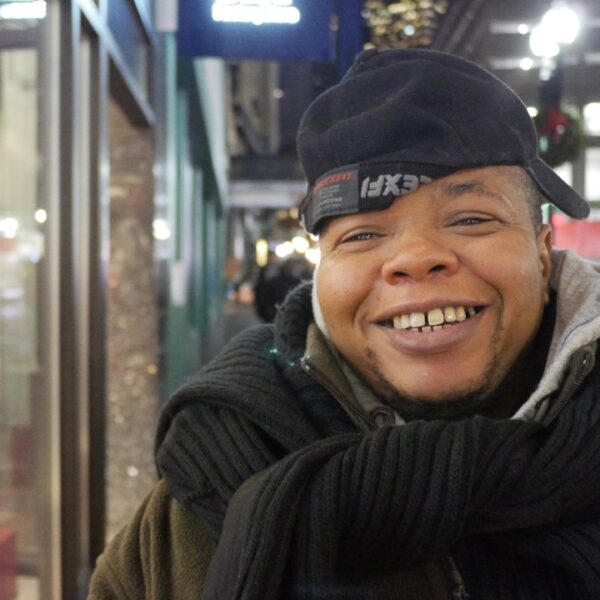A new Boston-area fintech company is providing local people experiencing homelessness with prepaid debit cards as a way of finding both stable housing and autonomy.
Known as GiveCard, the company typically sends cardholders $250 per month for three months. Since launching in April, the company has given more than 180 cards to people who applied through their website. Recipients can use the cards almost anywhere, although casinos, liquor stores, and automated teller machines are excluded.
Two Boston College graduates, Lurein Perera and Diksha Thach, started the program. It receives donations from individual philanthropists and nonprofit organizations like the Forest Foundation, which serves the greater Boston area.
Outside of academic studies and government programs, GiveCard represents one of the first private experiments with a guaranteed income program. At the same time, it seeks to help people experiencing homelessness overcome the struggles of asking for money in an increasingly cashless society.
The program has a waitlist of more than 700 people, even though it is only available in Boston and Cambridge.
“Our thesis is, just give people money and give people autonomy and trust that they’ll uplift themselves in whatever ways they see fit,” Perera said. “And that’s starting to show to be true.”
To qualify for the program, an applicant must be willing to share their spending data, meet regularly with the GiveCard team, and have a reliable means of communicating with the organization, such as access to a shelter phone.
The digital nature of the program allows GiveCard to track each cardholder’s progress toward housing stability, which can inform future ways of improving pathways out of homelessness.
Perera said small food purchases like lunch at McDonald’s are some of the most common transactions once an individual receives their card. But as time progresses, he said there tends to be a considerable drop in daily spending as cardholders save for rental down payments. Once the cardholder is housed, GiveCard tends to see larger single transactions, Perera said.
Out of the 20 cardholders during GiveCard’s beta run, only three found permanent supportive housing. But what makes the program more successful than other experiments is that it provides cardholders with more freedom than traditional support programs, Perera said.
For example, he pointed to a man who had been experiencing homelessness for more than 50 years but chose to use his funds to take a trip to Colorado and see his grandchild for the first time.
To Thatch, GiveCard shows there is more than one way for a person experiencing poverty to make a better situation for themselves.
“A lot of stories about homelessness don’t come from people facing homelessness,” Thatch said. “It comes from people that are housed or have an opinion on how to solve homelessness but have never actually talked to someone facing homelessness. I think it’s important that [people without housing] have a voice in all this, too.”
Across the country, organizations are working on setting up guaranteed income programs to help people experiencing homelessness get off of the streets.
In Denver, Colorado, a basic income program aims to provide participants up to $12,000 in personal grants to escape homelessness.
Over in the United Kingdom, Londoners are piloting a program giving its participants £50 per month to spend on whatever they choose. Seventy people are a part of the pilot program, though some officials have said they want to expand it across the city.
“We are sending a message that without the security of a basic income, many people are unable to work or to feed their families,” Cleo Goodman, one of the program’s co-founders, said. “We hope this pilot will demonstrate the impact a basic income could have on people’s lives – and encourage people to take action so we can guarantee financial security for all citizens.”
How You Can Help
The pandemic proved that we need to rethink housing in the U.S. It also showed that aid programs work when agencies and service organizations have sufficient funds and clear guidance on spending aid dollars.
Contact your representatives and tell them you support keeping many of the pandemic-related aid programs in place for future use. They have proven effective at keeping people housed, which is the first step to ending homelessness once and for all.













